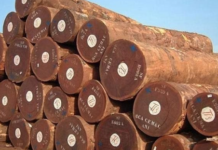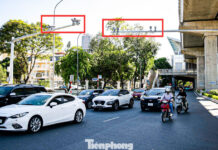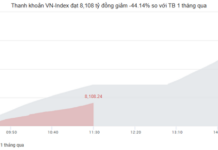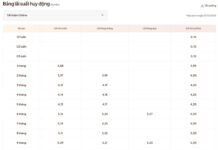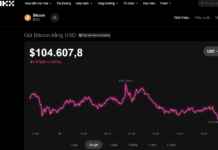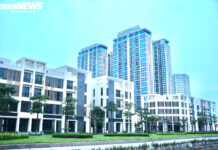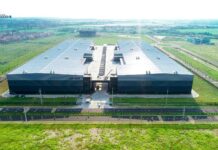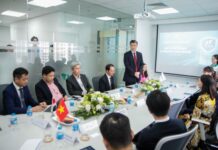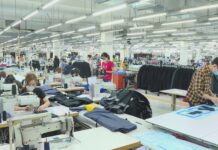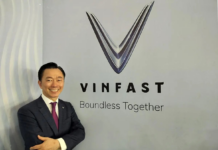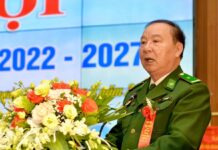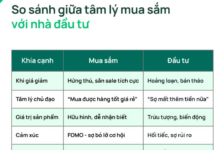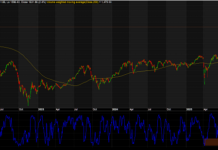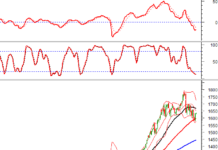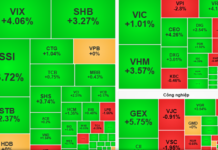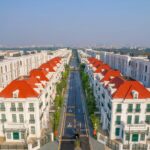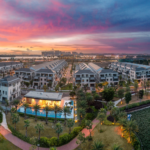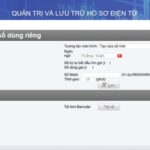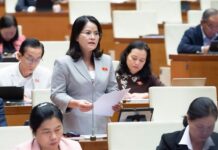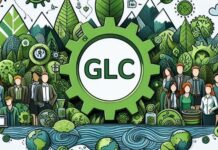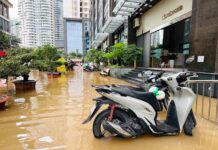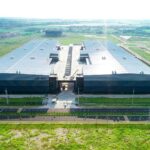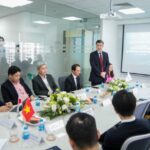US$13.6 Billion in FDI Implemented in Seven Months
According to statistics from the Department of Statistics under the Ministry of Finance, in the first seven months of this year, foreign investment (FDI) registered in Vietnam reached nearly US$24.1 billion. The realized FDI capital was US$13.6 billion, up 8.4% over the same period, the highest level in the past five years.
Singapore continues to lead among 74 countries and territories investing in Vietnam, with a total capital of US$2.84 billion, accounting for 28.3% of the total registered FDI. Notably, Malaysia and Sweden have made remarkable improvements in their rankings. Malaysia’s investment inflows increased thanks to an adjusted capital project at Yen So Park (Hanoi), adding an additional US$1.12 billion.
Meanwhile, Swedish investors have a new project – a complex for polyester recycling production and a process to convert textile waste into recycled plastic pellets in Binh Dinh with a total investment capital of US$1 billion.
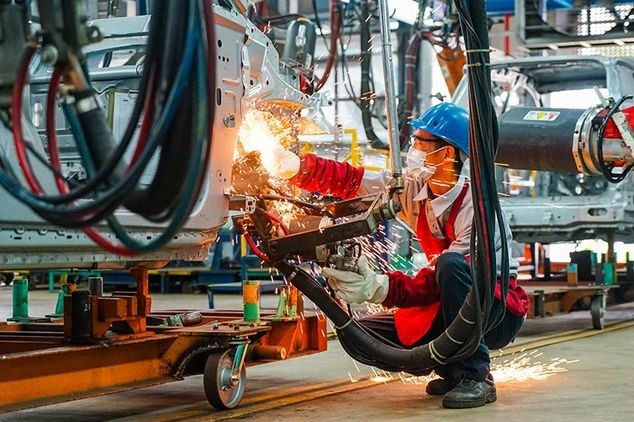
In the first seven months of this year, the registered FDI in Vietnam reached nearly US$24.1 billion.
Mr. Nguyen Van Toan, Vice Chairman of the Foreign Investment Enterprise Association, remarked that when global trade faces difficulties, FDI inflows usually slow down, but Vietnam is a rare bright spot. International investors see many positive signals such as plans to upgrade the stock market, administrative reforms, and promoting the private economy. These steps reinforce investors’ confidence that Vietnam will continue to accelerate in the coming time.
The strong inflow of FDI into Vietnam reflects the long-term expectations and confidence of international investors in the sustainable development potential of the economy. The Business Climate Index (BCI) for the second quarter of this year by the European Business Association in Vietnam (EuroCham) shows that nearly 3/4 of European businesses are ready to recommend Vietnam as an investment destination.
Mr. Bruno Jaspaert, Chairman of EuroCham, affirmed that European businesses remain confident in Vietnam’s investment environment. This confidence is reinforced by the advantages of new-generation free trade agreements, especially the Vietnam-European Union Free Trade Agreement (EVFTA). August 1st marked the fifth anniversary of the EVFTA coming into effect, opening a new phase of comprehensive economic cooperation between the two sides. After five years of implementation, the EVFTA has generated nearly US$300 billion in two-way trade value while increasing Vietnam’s attractiveness in the eyes of European investors.
Formulating a Unique Competitive Strategy
The Ministry of Finance assessed that the trend of supply chain shifts and US-China competition gives Vietnam an advantage in emerging as a new production center in Asia. Many multinational corporations have expanded their investments, especially in renewable energy – a field in which Vietnam ranks second among the top 10 developing economies in the 2015-2022 period, with more than US$106.8 billion in FDI.
Eco-industrial parks, low-carbon industries, and strategic partnerships with the US, EU, Australia, Singapore, and others are reinforcing investors’ confidence.
However, there are still some barriers to attracting and effectively utilizing this capital. The Ministry of Finance frankly pointed out that some administrative procedures are still cumbersome; the efficiency of technology reception and transfer has not met expectations; and the quality of human resources is uneven. At the same time, the contribution of FDI enterprises to enhancing Vietnam’s industrial capacity is not high, and there are not many large-scale projects with a leading impact on the country.
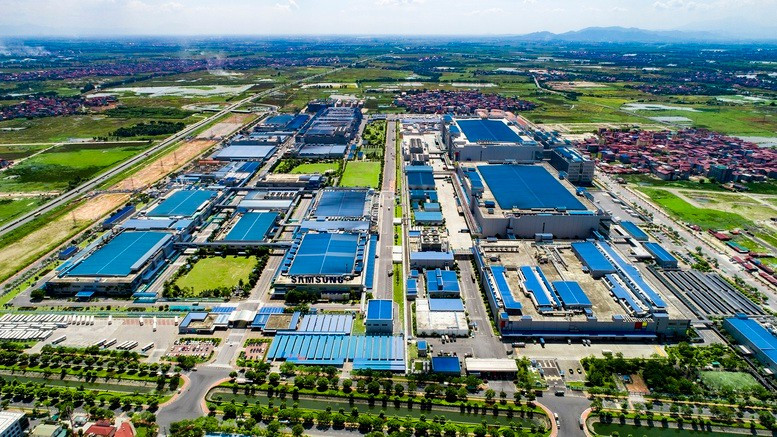
Industrial park and economic zone infrastructure will be synchronously invested.
Domestic enterprises have limited capacity and find it challenging to deeply engage in the global value chain. The infrastructure of some industrial parks has not met the requirements, and the land fund with synchronous infrastructure is still limited and concentrated mainly in large localities. The supporting industry lacks autonomy and cannot meet the production needs of large corporations.
In the context of strategic competition between major economies, Vietnam is formulating a unique competitive strategy for investment attraction and sustainable development. The focus has shifted from pure incentives to improving the quality of the investment environment and business support services. Infrastructure in industrial parks and economic zones will be synchronously invested, ensuring a stable power supply, clean land funds, and a high-quality workforce.
Redefining West Hanoi Living: Avenue Garden and the OSI Holdings Advantage
The experts predict that the west of Hanoi will be the next destination for discerning residents seeking a high quality of life and investment potential. Avenue Garden presents itself as the perfect answer to the search for a place that offers both a “superior standard of living” and long-term investment opportunities.
The New Era of Vietnam’s Real Estate: A Pioneer’s Leap
In the midst of an ever-evolving and recovering economy, the Dot Property Vietnam Awards 2025, themed “Sustainability: The Era of Pioneer’s Ascend,” stands as a notable milestone. This occasion celebrates businesses that have demonstrated resilience and adaptability amidst market fluctuations, recognizing their unwavering fortitude and innovative spirit.
“A Decade of Dedication: Empowering Vietnamese Consumers with Flexible Financial Solutions”
Over an impressive 8-year journey, SHBFinance has served over 3 million loan applications, providing flexible financial solutions to more than 800,000 customers. We have empowered individuals to enhance their financial capabilities, promoted responsible consumption, and made a tangible contribution to the nation’s sustainable development goals.
Aqua City Accelerates Development After a Series of Positive Updates
Aqua City is bustling with construction and residents alike, having completed all legal procedures by the end of June. With an influx of new homeowners and an energetic vibe, the project is experiencing a newfound momentum. This surge propels the development towards becoming a model livable city and a pivotal growth center in the key economic region of Southern Vietnam.



